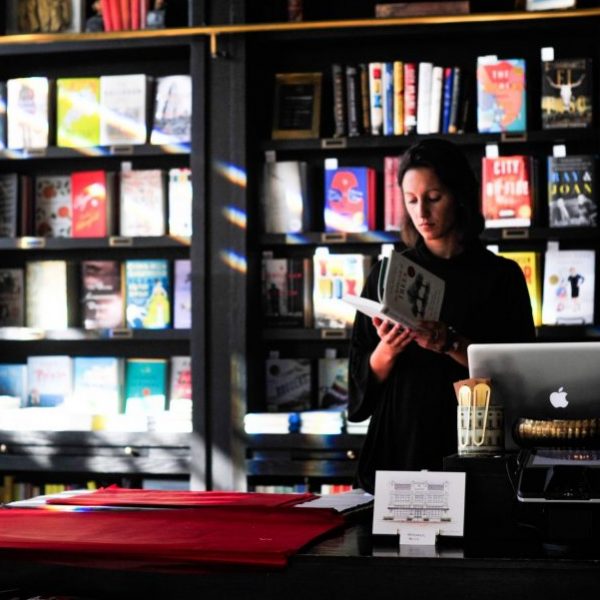What SUP from Your Favorite University Presses, January 31, 2014
 Welcome to our weekly roundup of news from university presses! There is much to share from our fellow academic publishing houses and much to learn on What SUP at the social university presses. This week we found snapshots of history, Superbowl recipes, and challenging discussions about literature, racism, and the minimum wage! What did you read this week?
Welcome to our weekly roundup of news from university presses! There is much to share from our fellow academic publishing houses and much to learn on What SUP at the social university presses. This week we found snapshots of history, Superbowl recipes, and challenging discussions about literature, racism, and the minimum wage! What did you read this week?
The Stanford University Press Blog geared up for the opening of soon-to-debut film The Monuments Men with a brief and informative history of Nazi art-looting.
The new Common Core State Standards, which will be used to create a cohesive and constant curriculum in K-12 schools, were discussed on the John Hopkins Press Blog. These mandated standards are receiving impressive support from teachers but are also rekindling a debate about what should be taught in schools.
The Chicago Blog of the Chicago University press highlighted investigative reporter Paddy Woodworth’s Our Once and Future Planet, which focuses on the innovative field of ecological restoration.
The role of religion in literature was discussed by controversial author, Salman Rushdie, and professor, Gauri Viswanathan, on the Columbia University Press Blog.
The Superbowl is coming, and snacks may be even more important than the big game. Check out a delicious recipe for Granny Smith Apple Salsa on the UNC Pres Blog.
The University of California Press Blog takes on the issue of raising the minimum wage, citing their new book When Mandates Work: Raising Labor Standards at the Local Level.
The OUP blog of Oxford University Press mapped out a history of Polish Jews as tavernkeepers, marking a distinctive shift from their typical historical narrative.
The Linguistic Society of America and the Harvard University Press Blog tackled the questions, “where does language come from,” and “where is linguistics going?”
And the NYU Press Blog “From the Square” shed light on the “Racism that still plagues America.”


























“The OUP blog of Oxford University Press mapped out a history of Polish Jews as tavernkeepers, marking a distinctive shift from their typical historical narrative.” Just curious- what do you consider their “typical historical narrative” to be? (e.g., more traditional, less religio/ethnic focused, etc.?)